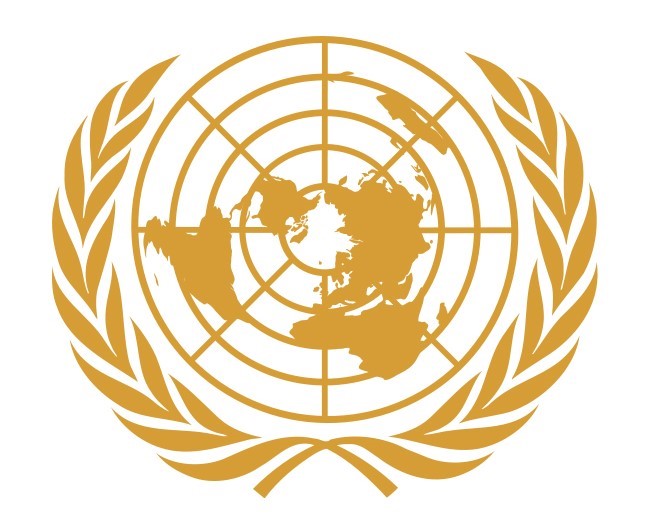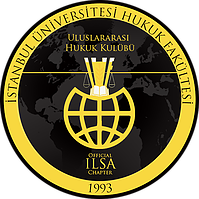
CEDAW AND THE WOMEN’S RIGHTS
Author: Irem Ezgi KURTULUS
Translated by: Hande BOZBORA
CEDAW (Convention on the Elimination of All Forms of Discrimination Against
Women) is an internationally recognized legal document, which covers many aspects
of women’s rights. The Convention was adopted in 1979 by the United Nations
General Assembly. Turkey became a party to the Convention in 1985.
A)GENERAL PRINCIPLES AND CONTENT
There are some features which have been aimed by CEDAW. The key feature of
CEDAW is to eliminate all kinds of discrimination based on gender. In the most
general sense, gender-based discrimination can be defined as the unfair treatment of
individuals because of their gender in society. It is manifested in the daily life as the
inequality in opportunities and resources, violence, political, social and economic
subordination of women. For CEDAW, we can say that it is the international law text
which combines legal standards to protect women’s rights against such injustices.
From this aspect, the definition of CEDAW as “Women’s Human Rights Constitution”
is in place. The degree of binding depends on the match of the general purpose of
the Convention and the specific intentions of the states.
This Convention guides the states parties in securing the justice with women’s
equality with men in the face of the law. It adopts the principle which defends women
should be equal with men in social, economic and cultural life. “The principle of
equality between women and men” means, women and men of the same status have
the same rights and obligations, in the same fields. It directs the states to take special
and temporary precautions to achieve their aimed intentions. It encourages the
demolition of the patterns that force the states to comply with common principles and
it promotes the destruction of traditional and cultural patterns that define women and
men with discriminatory social roles. While the types of discrimination differ in each
country in line with the differentiation of cultural and ethnic structure, CEDAW is the
only and superior international legal Convention, because it calls on each state to
comply with common principles.
At this point, it is necessary to explain what obligations does CEDAW imposes on the
states. First of all, the Convention imposes to the states parties the obligation to
eliminate all forms of discrimination against women in all areas of life, to create the
suitable environment for women to benefit from human rights and fundamental
freedoms to the same extent as men, and to support the development and
improvement of women in every field as an individual. Also, it is crucial to note that
the states parties to the Convention regulary submit reports to the CEDAW
committee and authorize the committee to evaluate their Convention based actions.
The content of the Convention consists of a foreword, followed by thirty articles which
impose various obligations on states parties.The foreword of CEDAW focuses on the
principles such as equality of rights, respect for the human rights, the economic
system based on rightness and justice, the international peace and the security.
There are thirty items following the foreword. These thirty articles provide a roadmap
for what states should do about social issues, such as political participation,
education, employment, health and the challenges that women faces in rural areas.
B)INSPECTION MECHANISM, CONCLUDING COMMENT AND GENERAL
RECOMMENDATION
Regarding the CEDAW inspection mechanisms, the committee which is the
contracting organ, convenes at regular intervals throughout the year and conducts
inspections in three different ways in these periods. All of the states which are the
parties to the Convention, shall report on their work in order to meet the conditions in
the Convention. These reports are presented to the contracting organ. The committee
is authorized by the states to evaluate the reports.These reports are evaluated by the
committee in multidimensional sessions, with the attendance of the state agents. As
a result of these transactions, the “concluding comments” of the state’s compliance
with the Convention are reached. These concluding comments are the clear results
which are obtained by examining a wide range of the reports, given by the countries
in different periods and in different sessions.While making the concluding comments,
the developments on positive issues are appreciate, but on the other hand, negative
criticisms are given to the states, which are considered as having deficient elements.
The concluding comments on our country can be examined to make a legal
assessment through the examples.In Turkey’s 2010 concluding comment, the
contracting organ appreciated many things, such as the changes in the Turkish Penal
Code which tackle the violence against women,the Child Protection Law and the
establishment of the Committee on Equality of Opportunity for Women and Men of
the Grand National Assembly of Turkey (GNAT). On the other hand, the contracting
organ criticized Turkey about taking precautions which are more adequate, visible
and have a strong legal basis, to prevent the discrimination against women and also
criticized the inadequate points, such as the removal of all the provisions, which are
about discriminatory, contained in the laws.
In the seventh period of 2016, which is a more recent period, the legal measures
aimed at preventing violence against women (Law number 6284), some projects
about employment (national employment project, tenth year development plan etc.),
Turkey’s participation in the international anti-violence protocols were appreciated.
On the other hand, Turkey was criticized at such points and was invited to show
progress on the issues such as; the freedom of expression, the belief in the rule of
law in the society, the stance against the non-governmental organizations and the
marginalization of women due to their ethnic origin. The CEDAW Committee is also
authorized to accept the individual application, in case of violation of the rights which
were mentioned in the Convention. There is another procedure which authorizes the
committee to initiate an investigation into the state, which does a systematic and
significant violation of the rights which were mentioned in the Convention. “The
general recommendations” are the decisions which are intended to explain the
provisions of the Convention, which were made by the contracting organs. The
concluding comments should not be confused with the general recommendations.
The concluding comments are the interpretations which are directed to a single state
and they show how applicable the obligations of CEDAW are in that country; they
are not legal decisions.
On the other hand, the general recommendations are the decisions which are
intended to explain the provisions of the Convention, as mentioned before. The
general recommendations, in terms of bindingness, are not absolutely binding, similar
to the decisions of the European Court of Human Rights (ECHR). However, they
constitute the general interpretation of the Convention, as an important part of the
international legal system. This is the general framework and the summary of
CEDAW related topics; such as the basic principles, the intentions, the operations
and the content.
REFERENCES
*ERSEN Umut Belek, Birlesmis Milletler Kadinlara Karsi Her Turlu Ayrimciligin
Onlenmesi Sozlesmesi ve Denetim Mekanizmasi, Master’s Thesis, Ankara, Ankara
University, 2006, p. 76.
*CEDAW
*ACAR Feride, CEDAW Orneği Baglaminda Bazi Gozlemler
*KERESTECIOGLU Filiz, Anayasada Kadin Sorunsaiı: Norm, Ictihat ve Hukuk
Politikasi
*KERESTECIOGLU Filiz, Medeni Hukukta Kadinin Cinsel ve Ekonomik Kimligi
*The concluding comments of CEDAW Committee for Turkey, in 2010 and 2016
periods

